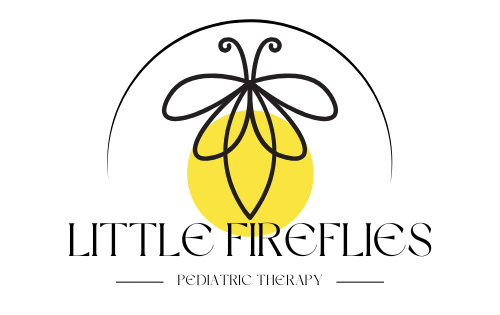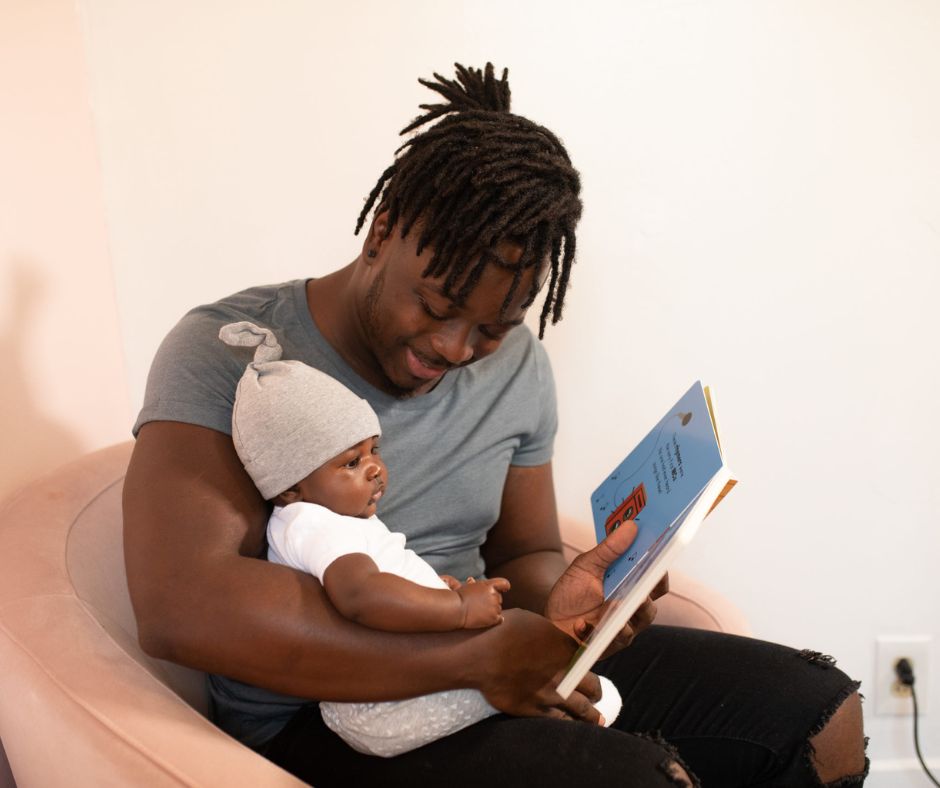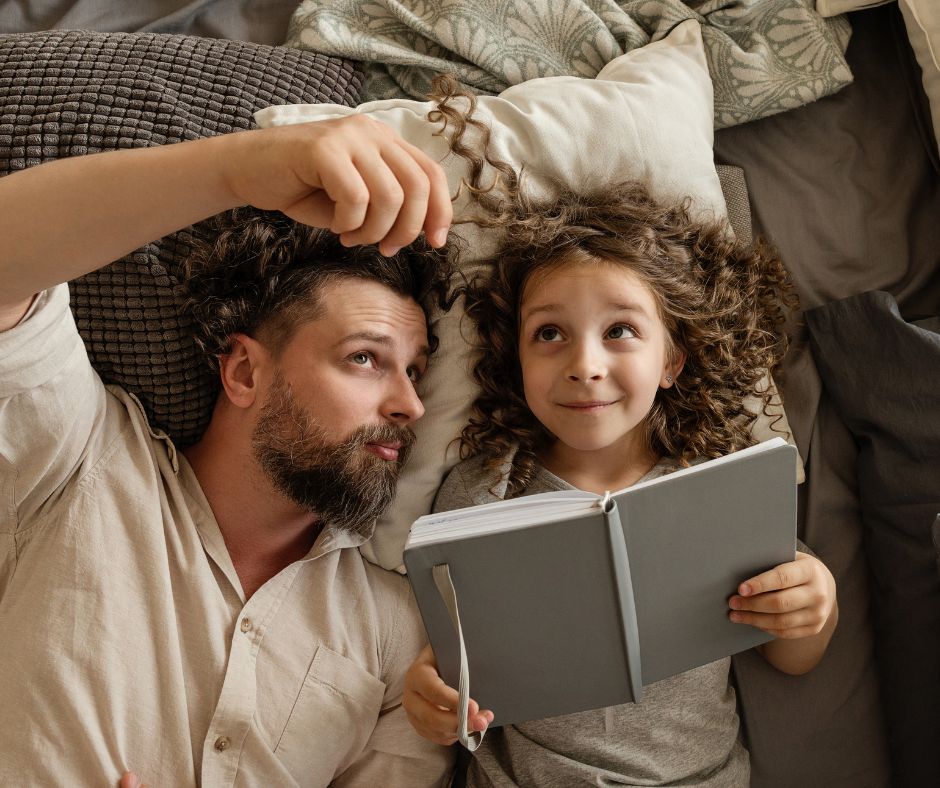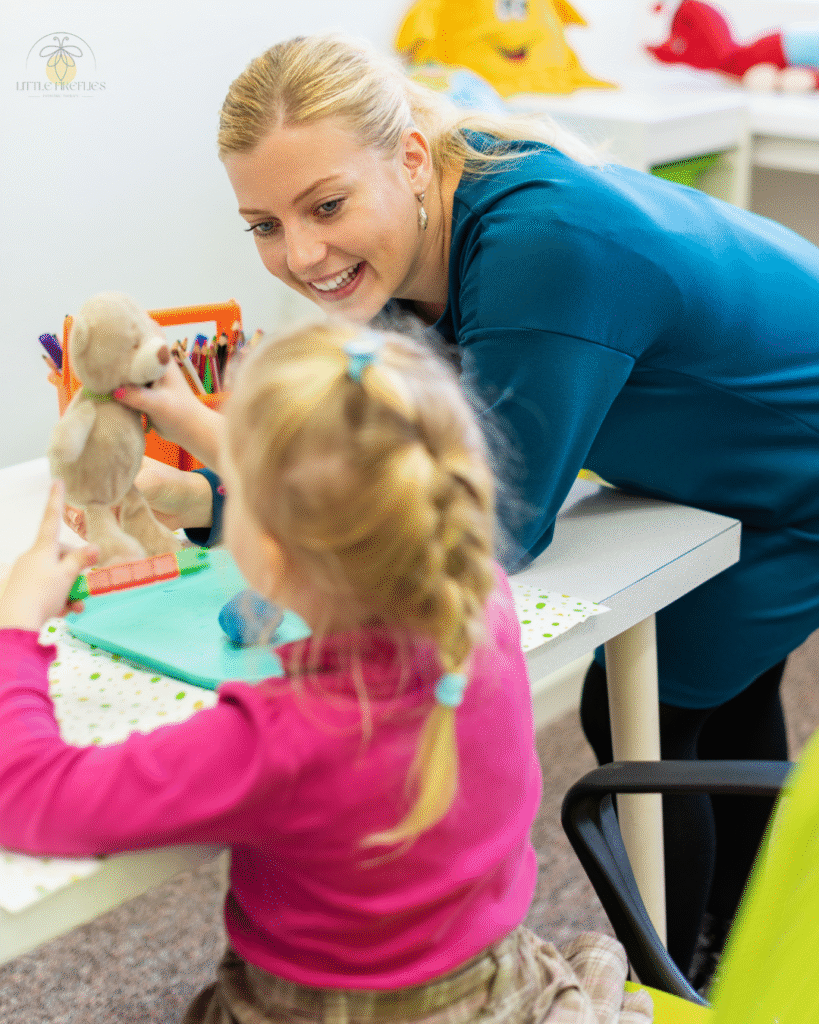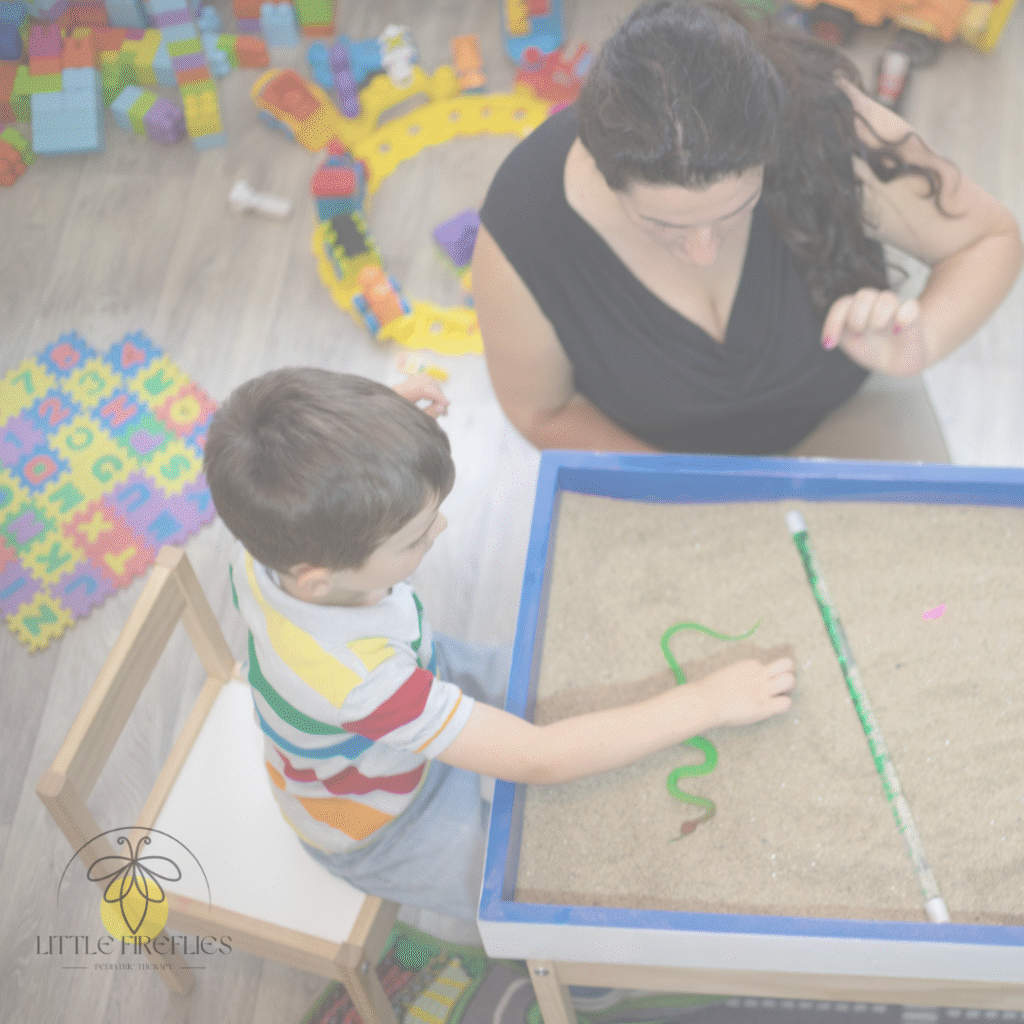School Speech Therapy vs. Private Speech Therapy: What’s the Difference?
If your child needs support with speech or language skills, you may find yourself hearing a lot of new terms and wondering:
“Should we go through the school? Should we find a private therapist? What’s the difference—and which one is best for my child?”
These are great questions—and you’re not alone in asking them.
Both school-based and private speech therapy can be incredibly helpful, and each one serves a unique purpose. Let’s walk through the differences together in a way that feels approachable, supportive, and clear.
The “Why”: Educational Need vs. Functional Communication
In school-based speech therapy, services are provided when a child’s speech or language challenge is affecting their ability to succeed in the classroom. The focus is on educational impact—how well they can learn, participate, and access the curriculum.
So, a child might qualify if their speech makes it hard for teachers or peers to understand them, or if their language skills are keeping them from following directions, answering questions, or participating in classroom conversations.
In private speech therapy, the focus is broader. Therapists can address anything that impacts a child’s ability to communicate in daily life—not just at school. That includes things like social communication, feeding, early language development, speech sounds, stuttering, and more.
The “Where”: At School vs. In a Clinic
School therapy takes place during the school day, often in a separate room or small group setting. It’s convenient because it’s built right into the school schedule—but sessions may be shorter and less frequent, and your child may miss class time to attend.
Private therapy usually takes place in a clinic setting (like at Little Fireflies!), and appointments are scheduled outside of school hours. This gives families more flexibility and often allows for one-on-one sessions tailored to your child’s specific goals.
The “How”: Group Sessions vs. Individual Attention
In many schools, speech therapists work with children in small groups. This can be a great way for kids to practice taking turns, listening, and social skills—but it can also mean less individual time during each session.
Private therapists typically work one-on-one with your child, allowing for more personalized attention and quicker progress toward goals that are meaningful to your family.
The “When”: Timelines and Eligibility
Getting speech therapy through school usually requires an evaluation and an Individualized Education Plan (IEP). This process can take several weeks or even months—and not every child qualifies, even if they’re showing signs of needing support.
With private therapy, you don’t need to wait for a school evaluation or meet eligibility requirements. If a parent has a concern, they can often start services much more quickly.
So… Which One Is Right for My Child?
The truth is—it doesn’t have to be one or the other. Many families choose to do both!
School-based therapy is a wonderful resource and helps ensure your child has the support they need in the classroom. Private therapy can offer a deeper level of support, especially if your child:
- Didn’t qualify for school services but still needs help
- Needs more individualized or frequent sessions
- Has goals that go beyond academics (like social skills, articulation, or early language)
- Is making slow progress and could benefit from extra time and attention
You’re Not Doing This Alone
Whether you’re navigating an IEP meeting or scheduling your first private session, it can feel overwhelming. But take heart: you are doing a wonderful job advocating for your child.
There is no “perfect” path—just the one that works best for your family.
If you’re ever unsure where to start, ask questions. Reach out to a speech-language pathologist. Talk to your child’s teacher. Trust your gut—and don’t be afraid to ask for help.
Because at the end of the day, every child deserves a voice, and every family deserves support.

